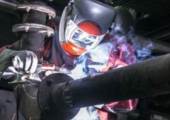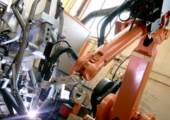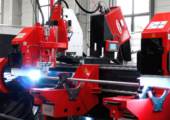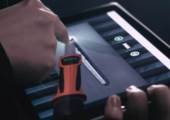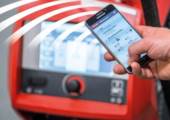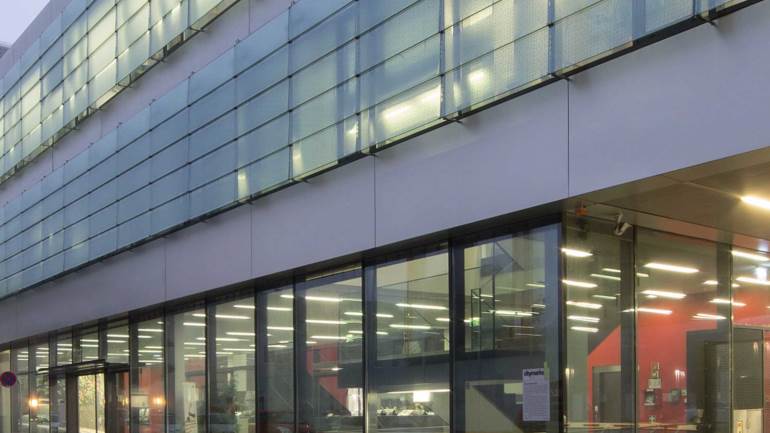-


在线留言
发送您的问题或需求,我们将尽快与您取得联系!
×
-
GROWTH
04/30/2020
Fronius Perfect Welding is undergoing a period of both growth and change. With this in mind, we invited the heads of the Business Unit, Harald Langeder (Research and Development) and Harald Scherleitner (Sales and Marketing), for an interview.
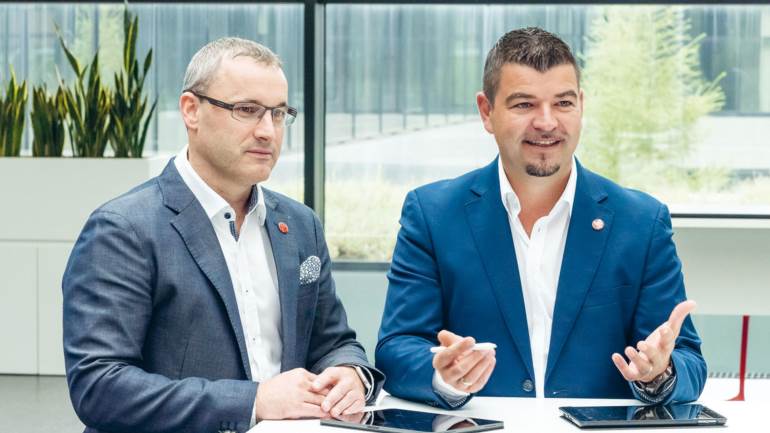
FRONIUS AND THE LINES OF BUSINESS
Markets are changing around the world and Fronius Perfect Welding is expanding ever further, constantly striving for the highest quality. In order to achieve this, major expansions are taking place. In addition to the recruitment of new employees, the product portfolio has been split into individual lines of business. What was the reasoning for this?
Harald Scherleitner:“In both Sales & Marketing and Research & Development, the internal lines of business structure is the most important requirement for a focused and solution-oriented approach. In the past we were able to really specialize in MIG/MAG processes, which allowed us to thoroughly establish ourselves in the automotive industry. The relevant products have been brought under the Industrial Welding Systems line of business for example, which are distributed via direct sales. However, even more specific market cultivation strategies were necessary for further growth, which is why we have created three additional lines of business. Hand-held welding systems, which we put under the Professional Welding Tools division, demand completely different sales channels, as do the Resistance Spot Welding and Welding Automation divisions. Welding automation in particular is a project-based business field in which we offer highly specific system solutions.”
Harald Langeder:“This clear classification has made it possible to precisely define the respective service portfolios under product management according to market requirements.”
FOCUS ON CUSTOMER SEGMENTS
The division of the product portfolio also prompted a focus on specific customer segments. What was the trigger for this and which criteria were used to select the Segments?
Harald Scherleitner:“Firstly, comprehensive market analyses have shown us where there is the most interest in premium products – the customer segments have practically chosen themselves. At the same time we asked ourselves which segments could be best served with our service portfolio.”
Harald Langeder:“We also wish to offer the highest standards, which is why our capacities must be allocated to special areas. We wanted to have an extremely accurate understanding of these fields in order to develop perfect products and solutions. Keeping all these factors in mind, we eventually focused on three essential customer segments. In our original Automotive sector, i.e., the automotive and supply industry, we are of course well established. This segment has enabled us to tap into core markets around the world over the past ten years. In order to expand further, we are focusing on our newly defined segments: Yellow Goods, i.e., construction machines and agricultural vehicles, and Commercial Transport, i.e., passenger and goods vehicles, which also meet the specified requirements.”
Harald Scherleitner:“The growing global population and constant urbanization represent the economic drivers for these relatively new customer segments. An additional sector is important for market penetration. We believe this is the General Industry sector, i.e., the metalworking industry.”
Harald Langeder:“After all, it is precisely thanks to these small and medium-sized companies in the metalworking industry that we have grown. In future we will be expanding further again, which means that Fronius is investing heavily in order to fully establish itself in this sector and satisfy customers with an excellent range of services.”
Harald Scherleitner:“When it comes to implementation, this means a greatly enhanced sales team and an even stronger presence in the customer’s region. Fronius not only strives to be the technology leader, but with its excellent direct sales structure, it is also focused on achieving the best possible customer relationship.”
AUTOMOTIVE REVOLUTION
Nevertheless, the Automotive segment is still the driving force and is an area that is experiencing significant changes at the moment. What challenges or opportunities will Fronius be presented with?
Harald Langeder:“Take arc welding, for example. While weld seams totaling up to 70 meters long were previously required on the body of midrange car, today just 14 meters are required. This is a significant difference. There are also several new doors opening up for us. As part of the trend towards e-mobility, battery trays are being manufactured that have a considerably higher requirement in terms of weld seam meters – something we consider a huge opportunity. Of course, this transformation also has an effect on the supplier industry, such as shifting responsibilities and the question of who will have to master which welding challenges in the future. We want to be at the center of this development.”
Harald Scherleitner:“Also, when it comes to increasing market shares, there are huge opportunities in e-mobility. Fronius is already well known among European auto manufacturers, however the US and in particular Asia are also major producers of electric vehicles. We wish to expand our presence among the manufacturers in these regions. This of course also means that we are in the process of displacing the competition.”
CUSTOMER INTIMACY AS A PRIORITY
Growth and displacement is the strategy. How does the Fronius strategy stand out from that of the Competition?
Harald Langeder: “Undoubtedly, it is not by simply offering the lowest price. While an arc of the best quality is still required, this will no longer be sufficient as a sole performance feature in future. Instead, we believe that our customer intimacy strategy allows us to impress our customers by fully understanding their needs.”
Harald Scherleitner:“The entire strategy is closely linked with the consistent focus on the four lines of business that we mentioned at the beginning. To be able to pursue this strategy, Fronius is investing heavily in the sales organization. More teams should ultimately lead to increased market penetration. The consequence of this is even more intensive collaboration with the customer, resulting in an in-depth understanding of the customer.”
SOLUTION PROVIDER
Which range of services will then be the driver of growth?
Harald Scherleitner:“With this in-depth understanding of our customers, we will ultimately become a solutions provider. We believe that this is the key to success.”
Harald Langeder:“More specifically, by developing a precise feel for the entire value-added process of the customer, we can gain valuable information that can be fed into our R&D process. Our services portfolio is therefore precisely adapted and expanded in line with customer requirements. Ultimately, we can offer custom solutions that allow customer productivity to be maximized. This perfect interaction means that we are an integral and essential part of the process for the customer, whereby we can also achieve sustainable and healthy growth.”
Harald Scherleitner:“This newly developed services portfolio can be much more than simply welding equipment. It could include training or education, as well as highly automated solutions from the Welding Automation division."
GROWTH AT ANY COST?
Would other growth paths also be conceivable?
Harald Scherleitner:“When it comes to potential cooperation projects or the purchase of existing companies, we haven’t ruled it out, but at present there are no concrete plans in this regard. We anticipate organic growth of 15 percent per year by 2025.” These are promising, optimistic words. However, there is increasing talk of various potential threats to the welding industry…
Harald Langeder:“We have thoroughly examined the threat scenarios facing thermal joining. Is welding using mechanical bonded joints or similar really at risk? As the thermal joining process is used across the globe, we have concluded that there is currently no real threat. However, we remain vigilant and are keeping a close eye on this development.”
Harald Scherleitner:“Ultimately, we believe that welding still has a future with its sustainability, longevity, and stability.”
-


 下载
下载
 会员中心
会员中心



 收起
收起
